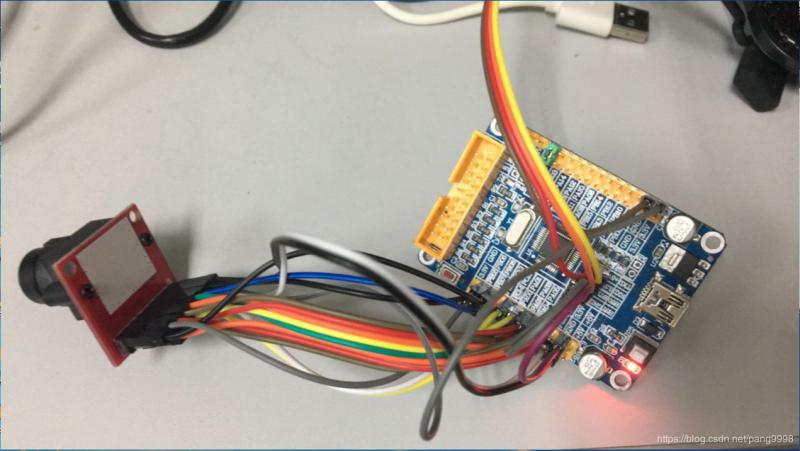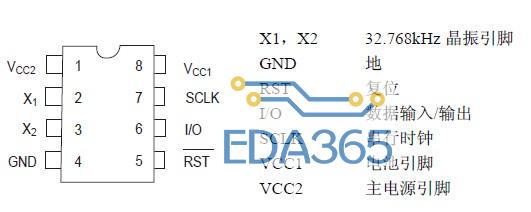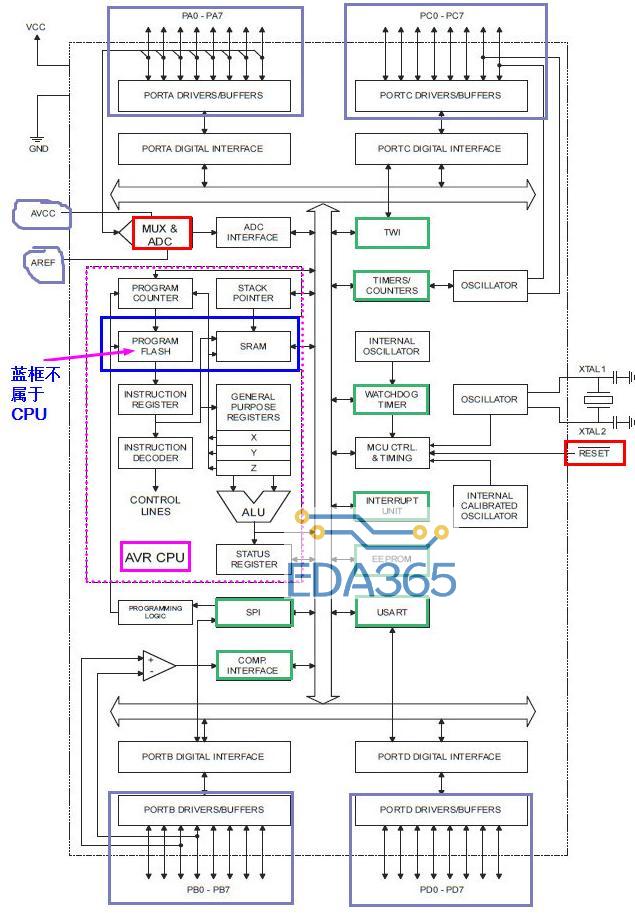//字符设备驱动的另外一种写法:
#include "linux/device.h"
#include "linux/module.h"
#include "linux/kernel.h"
#include "linux/fs.h"
#include "linux/init.h"
#include "linux/delay.h"
#include "linux/irq.h"
#include "asm/uaccess.h"
#include "asm/irq.h"
#include "asm/io.h"
#include "linux/poll.h"
#include "linux/cdev.h"
// 1. 确定主设备号
static int major;
static int hello_open(struct inode *inode, struct file *file)
{
printk("hello_open\n");
return 0;
}
static int hello2_open(struct inode *inode, struct file *file)
{
printk("hello2_open\n");
return 0;
}
// 2. 构造file_operations
static struct file_operations hello_fops = {
.owner = THIS_MODULE,
.open = hello_open,
};
static struct file_operations hello2_fops = {
.owner = THIS_MODULE,
.open = hello2_open,
};
#define HELLO_CNT 2
static struct cdev hello_cdev;
static struct cdev hello2_cdev;
static struct class *cls;
static int hello_init(void)
{
dev_t devid;
// 3. 告诉内核
#if 0
major = register_chrdev(0, "hello", &hello_fops); // (major, 0), (major, 1), ..., (major, 255)都对应hello_fops
#else
if (major) {
devid = MKDEV(major, 0);
register_chrdev_region(devid, HELLO_CNT, "hello"); // (major,0~1) 对应 hello_fops, (major, 2~255)都不对应hello_fops
} else {
alloc_chrdev_region(&devid, 0, HELLO_CNT, "hello"); // (major,0~1) 对应 hello_fops, (major, 2~255)都不对应hello_fops
major = MAJOR(devid);
}
cdev_init(&hello_cdev, &hello_fops);
cdev_add(&hello_cdev, devid, HELLO_CNT);
devid = MKDEV(major, 2);
register_chrdev_region(devid, 1, "hello2");
cdev_init(&hello2_cdev, &hello2_fops);
cdev_add(&hello2_cdev, devid, 1);
#endif
cls = class_create(THIS_MODULE, "hello");
device_create(cls, NULL, MKDEV(major, 0), NULL, "hello0"); // /dev/hello0
device_create(cls, NULL, MKDEV(major, 1), NULL, "hello1"); // /dev/hello1
device_create(cls, NULL, MKDEV(major, 2), NULL, "hello2"); // /dev/hello2
device_create(cls, NULL, MKDEV(major, 3), NULL, "hello3"); // /dev/hello3
return 0;
}
static void hello_exit(void)
{
device_destroy(cls, MKDEV(major, 0));
device_destroy(cls, MKDEV(major, 1));
device_destroy(cls, MKDEV(major, 2));
device_destroy(cls, MKDEV(major, 3));
class_destroy(cls);
cdev_del(&hello_cdev);
unregister_chrdev_region(MKDEV(major, 0), HELLO_CNT);
cdev_del(&hello2_cdev);
unregister_chrdev_region(MKDEV(major, 2), 1);
}
module_init(hello_init);
module_exit(hello_exit);
MODULE_LICENSE("GPL");
===================================================================
测试程序:
#include "stdio.h"
#include "stdlib.h"
#include "string.h"
#include "sys/types.h"
#include "sys/stat.h"
#include "fcntl.h"
// hello_test /dev/hello0
void print_usage(char *file)
{
printf("%s 《dev》\n", file); //“《”实际为“
}
int main(int argc, char **argv)
{
int fd;
if (argc != 2)
{
print_usage(argv[0]);
return 0;
}
fd = open(argv[1], O_RDWR);
if (fd < 0)
printf("can't open %s\n", argv[1]);
else
printf("can open %s\n", argv[1]);
return 0;
}
『本文转载自网络,版权归原作者所有,如有侵权请联系删除』
 热门文章
更多
热门文章
更多









